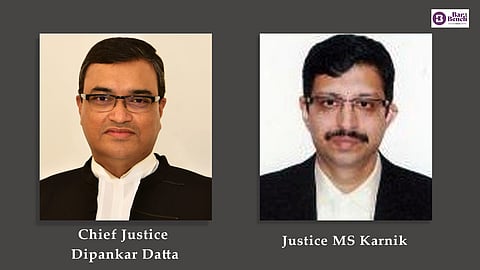
- News
- Columns
- Interviews
- Law Firms
- Apprentice Lawyer
- Legal Jobs
- हिंदी
- ಕನ್ನಡ

The Bombay High Court invoked its suo motu powers to pass directions to aid litigants who were left without appellate remedy, due to vacancies in Debt Recovery Appellate Tribunal (DRAT) in Mumbai rendering it non-functional.